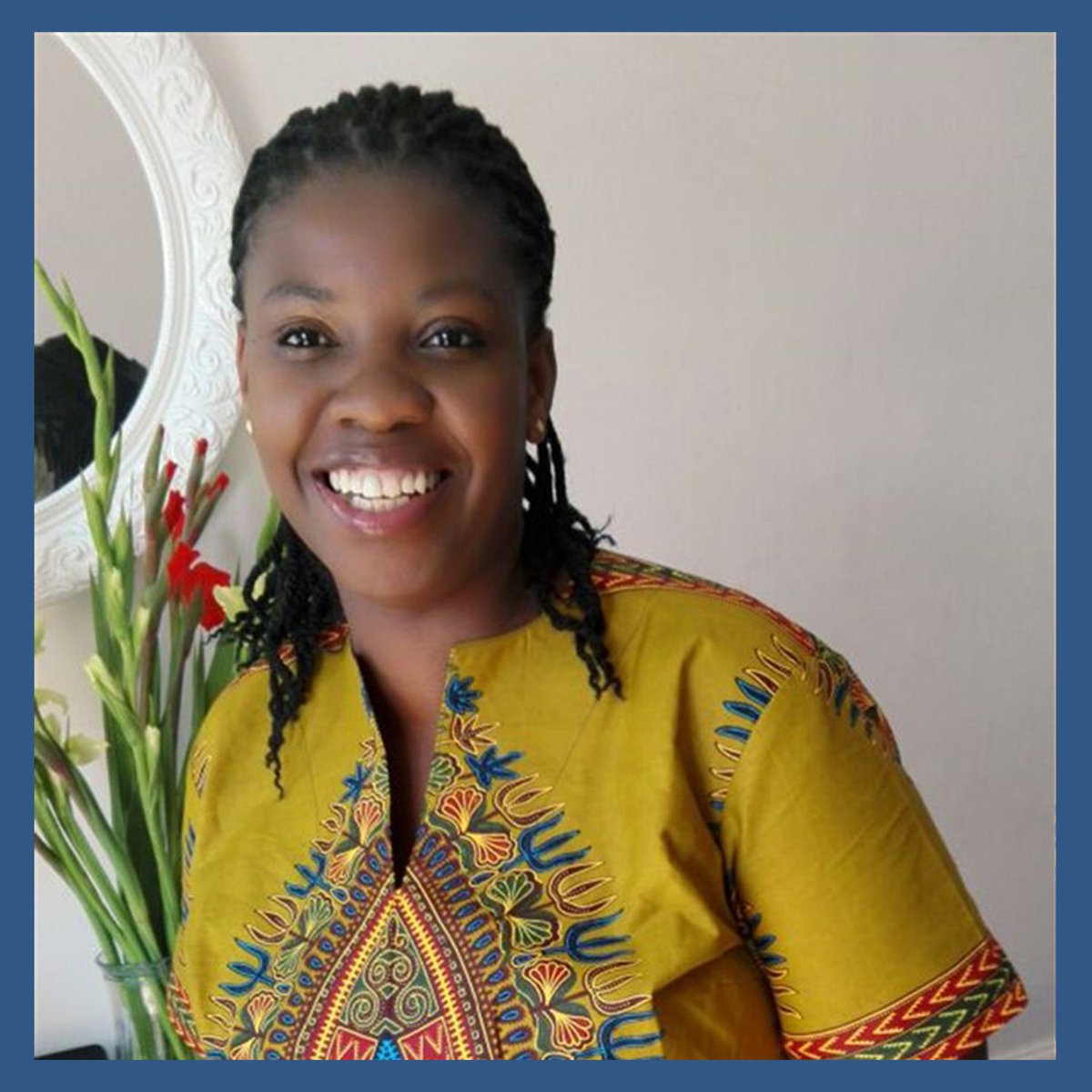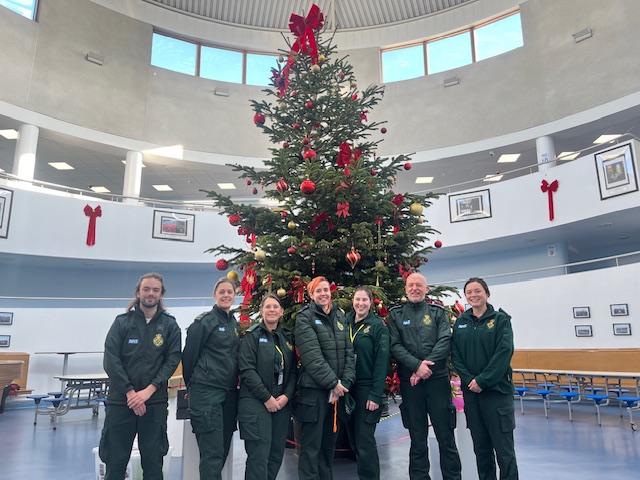Social Sciences
Sociology, Psychology, Business
Sociology is the study of human society.
The word sociology comes from the Latin word: socius, "companion"; the suffix -logy, "the study of" from Greek lógos, "word", "knowledge". It was first coined in 1780 by the French essayist Emmanuel-Joseph Sieyès. Sociology studies the structures of human society, the interactions between groups within society and the problems created by it.
The study of sociology begins in year 10 as an option choice. Sociology graduates have many professions open directly to them including; social worker, teacher, social researcher, international development officer. Sociology also prepares graduates for careers in further areas such as HR, journalism, police.
Psychology is the study of the human mind and behaviour.
The word psychology was formed by combining the Greek psychē (meaning “breath, principle of life, life, soul,”) with –logia (which comes from the Greek logos, meaning “speech, word, reason”). An early use appears in Nicholas Culpeper’s mid-17th century translation of Simeon Partliz’s A New Method of Physick, in which it is stated that “Psychologie is the knowledge of the soul.” Psychology is a science, however it is also a social science and complements many different subjects. By studying psychology pupils develop analytical and critical thinking skills, varied research skills, moreover psychology graduates have a better understanding of themselves and other people. Psychology can lead directly to various professions such as various types of psychology practice and various types of therapist positions. Indirectly psychology can lead to teaching, counselling, and research.
Business is the study of good decision making in a business enterprise.
The word business originally comes from the Old English bisignes (Northumbrian) "care, anxiety, occupation." In the sense of "a person's work, occupation, that which one does for a livelihood" it is first recorded in the late 14c. Bisig appears as a noun with the sense "occupation, state of employment".
The study of business begins in year 10 as an option choice. Through business pupils learn about how businesses start up, resources they need, marketing, finance, challenges they face and how they grow. Pupils also explore the role of stakeholders – groups that have an interest in a business – as well as human resources, the recruitment and selection process, and the value of training and motivation for employees. Business graduates have a range of opportunities including; business analysist, business advisor, accountancy, project management.





















